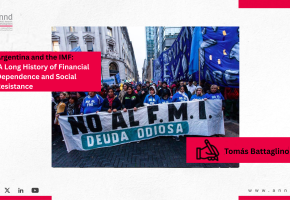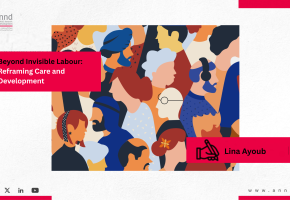
2012 - Arab Watch on Economic and Social Rights
Report Summary
ANND
worked on observing and monitoring economic and social rights in
several Arab countries, through following up on the implementation of
MDGs (in Morocco, for example), Universal Periodic Reviews (UPR) in
several countries (Lebanon, Egypt, Palestine, Sudan, Tunisia, Yemen, and
Syria), and internal discussions with partners and experts who
evaluated the network’s activities, and some members who indicated the
need to focus on one or more specific rights and monitor change thereof.
But ANND decided to leave it up to its members in each country to
select the right or rights that can be considered a priority in their
countries, taking into consideration national challenges and individual
needs to carry out the follow-up process.
Five or six rights were
chosen, in practice, in each of the Arab countries that conducted the
UPR in coordination with ANND, four of the rights were common to all
countries: the right to work, the right to social protection, the right
to education, and the right to health.
For the first report on for
the Arab Watch on Economic and Social Rights, ANND selected one or two
rights to be tackled, as a common thread among all countries, which can
be considered one of the challenges currently facing the region. Based
on this approach, the consultative committee related to ANND’s program
in this regard decided that the first report should primarily focus on
the right to work and the right to education. These two rights were
chosen, based on an assumption that they will become two principle
challenges in all Arab countries.
Unemployment could have been
the main challenge in the past period and doubtlessly remains the main
challenge to emerging forces, whether in power or outside. It is
estimated that 55 million job opportunities need to be created in the
next 3 decades in the region, making it a major challenge, in light of
the spread of marginal employment (precarious or unorganized), taking up
more than half of the labor force in the region in the most optimistic
reports. It is well noted that this type of work does not provide for
any rights or social and health insurance. On the other side, there is
an obvious link between education and the job market, whereby curricula
need to be developed to contribute to the rehabilitation of newcomers to
the job market and empower them to be able to compete. This would be
through developing the educational system qualitatively and
quantitatively, in addition to expanding into new sectors, which take up
an advanced position in modern national, regional, and international
economies.
Recent publications

